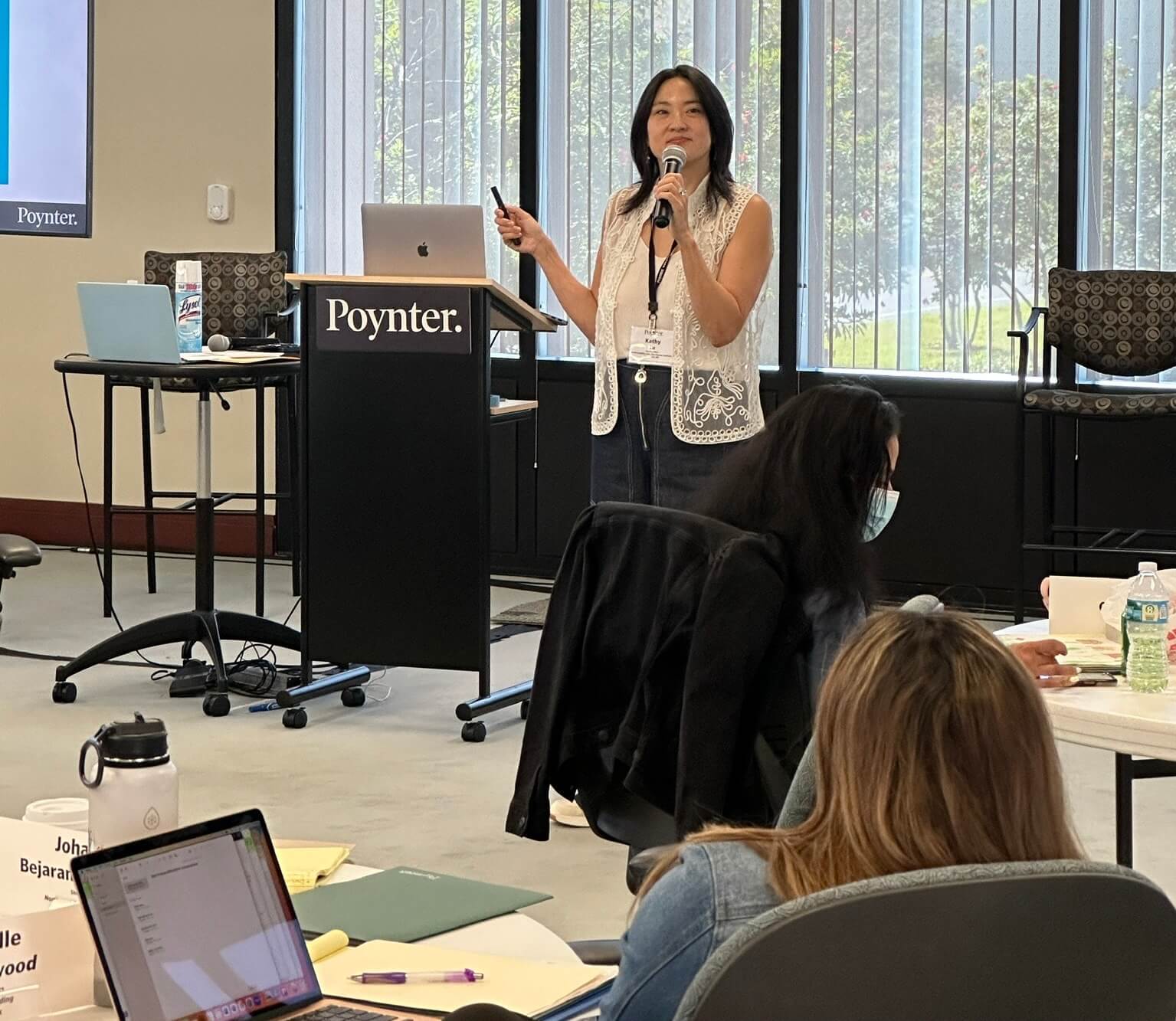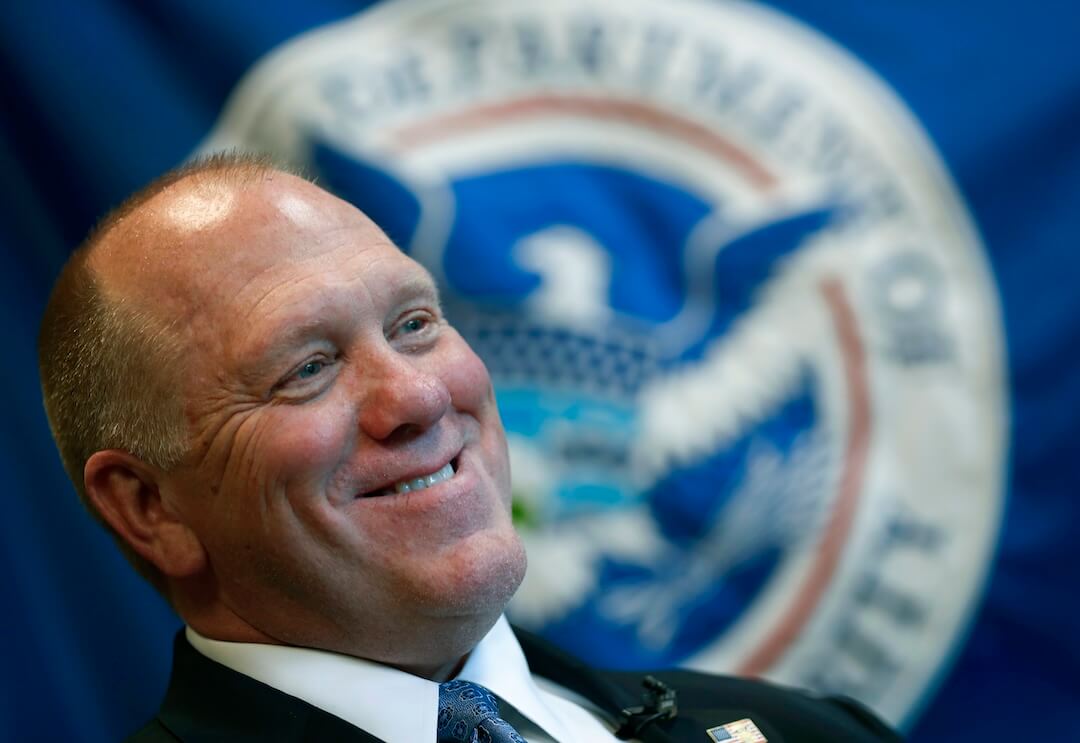Kristen Taylor vividly remembers the day in early December when “Serial” had its Beyoncé moment.
Rumors were swirling that the podcast was planning to focus its much-anticipated second season on Army Sgt. Bowe Bergdahl, who’d been captured and freed by the Taliban after walking off a military base in Afghanistan.
“Serial” host Sarah Koenig, who’d been catapulted into media stardom by the show’s first season, hadn’t confirmed the reports, which ultimately proved to be true. But with anticipation stoking excitement and speculation about the show, Taylor had an idea: Why not take a cue from Beyoncé, who in 2013 delighted fans with a surprise launch of her eponymous album, and release the first episode of the second season unannounced?
“It still amazes me because it’s not normally the way it’s done,” said Taylor, “Serial’s” community editor. “There were many, many people who had to know the date. There were all kinds of people that had to know and keep that secret for us.”
It was a bold kickoff to a rollercoaster season that saw “Serial” grow its audience, experiment with new storytelling tools and tinker with its publication schedule (much to the chagrin of many fans). At the center of that maelstrom was Taylor, who, as the the go-between for “Serial” and its listeners, was responsible for knitting together the show’s massive worldwide audience and monitoring its growing fandom.
Because “Serial” updates weekly (or biweekly, toward the latter half of the season), Taylor was responsible for ensuring the show was a day-to-day presence in listeners’ lives. From the launch of the second season to its conclusion, Taylor and Digital Editor Whitney Dangerfield published and shared regular updates about Bergdahl’s case, documents and images described in the show and supplementary information that helped tell Bergdahl’s story.
Managing the audience of “Serial” — which last season was listened to from every country except North Korea and Eritrea — is an always-on job, said Taylor. The glut of notifications and messages that come in via Twitter, Tumblr and Facebook has required her to triage the crush of information. She spent a lot of her time this season answering people privately, returning emails and sending direct messages explaining and clarifying the show.
“I do a lot of faving tweets so that people understand we are there — that we are listening, we are watching. I’ll tend to reply back to someone who is especially kind. If it’s a teacher or if it’s someone who had something about Serial in their Twitter bio, I know it’s extra important to them.”
The show has gained a devoted following among many teachers, many of which are using the show in their lessons plans, Taylor said. And they’re converting their students into “Serial” fans, too — One student made a “Serial” finger puppet show featuring Bergdahl in a cage with Taliban fighters nearby. In all, Taylor estimates more than 1,000 teachers are using the show in their lessons, with entire curriculums built around season one.
Managing and growing a fandom is familiar territory for Taylor, a consultant, editor and community manager who in 2011 helped BBC America build “Doctor Who” into the second-most popular brand on Tumblr that year. From that experience, Taylor learned that listening to fans — many of whom are fluent in the show’s tropes and themes — is extremely important.
“It’s a lot of understanding what the audience really likes and what they’re responding to,” Taylor said. “Maybe some things that they didn’t get in an episode, or they want to know more about. I’ve done a lot of planning about how content will move out online.”
Her experience managing communities also prepared her for the tsunami of griping from the show’s fans after “Serial” announced it was moving to a bi-weekly schedule to give its staff more time to report out the show. Some of the show’s reporting leads come from community management, and running them down took additional time, Taylor said. But many complained anyway, grievances that Taylor tried to soothe by bringing the show’s insouciant voice to bear on social media. In response, Taylor published a Twitter poll cheekily asking listeners whether they preferred to call the new publication schedule “biweekly” or “fortnightly.”
“Fans were incredibly upset,” Taylor said. “Some people stopped listening, saying, ‘I’ll be back to this at the end.’ Which we totally got. We totally understand.”
The Twitter poll is typical of “Serial’s” social media voice, which Taylor says is a mix of smart and funny. Although Koenig isn’t active on Twitter, her mix of references to pop culture touchstones (such as “The Big Lebowski”) and involuted asides to previous episodes of the show help establish “Serial”‘s quirky public-facing voice, Taylor said.
That approach seems to have worked. Despite grousing about the schedule change and the fact that “Serial” wasn’t getting as much press this time around, the show still managed to rack up more than 50 million downloads in its second season compared to 38 million in its first season. Taylor said “Serial’s” Facebook audience grew by roughly 100,000 this season, and its Twitter following also saw a commensurate bump. But the show didn’t establish pre-conceived audience targets before the season began — rather, the staff opted to focus on adding value to every social media interaction.
“We put things out when we have something new to share, when there’s something to clarify or something to acknowledge,” Taylor said. “So it’s much more about treating the audience in these nuanced ways that we do in the episode so it’s a consistent voice. Certainly it’s not Sarah online running all the accounts. But it needs to feel like the show.”






